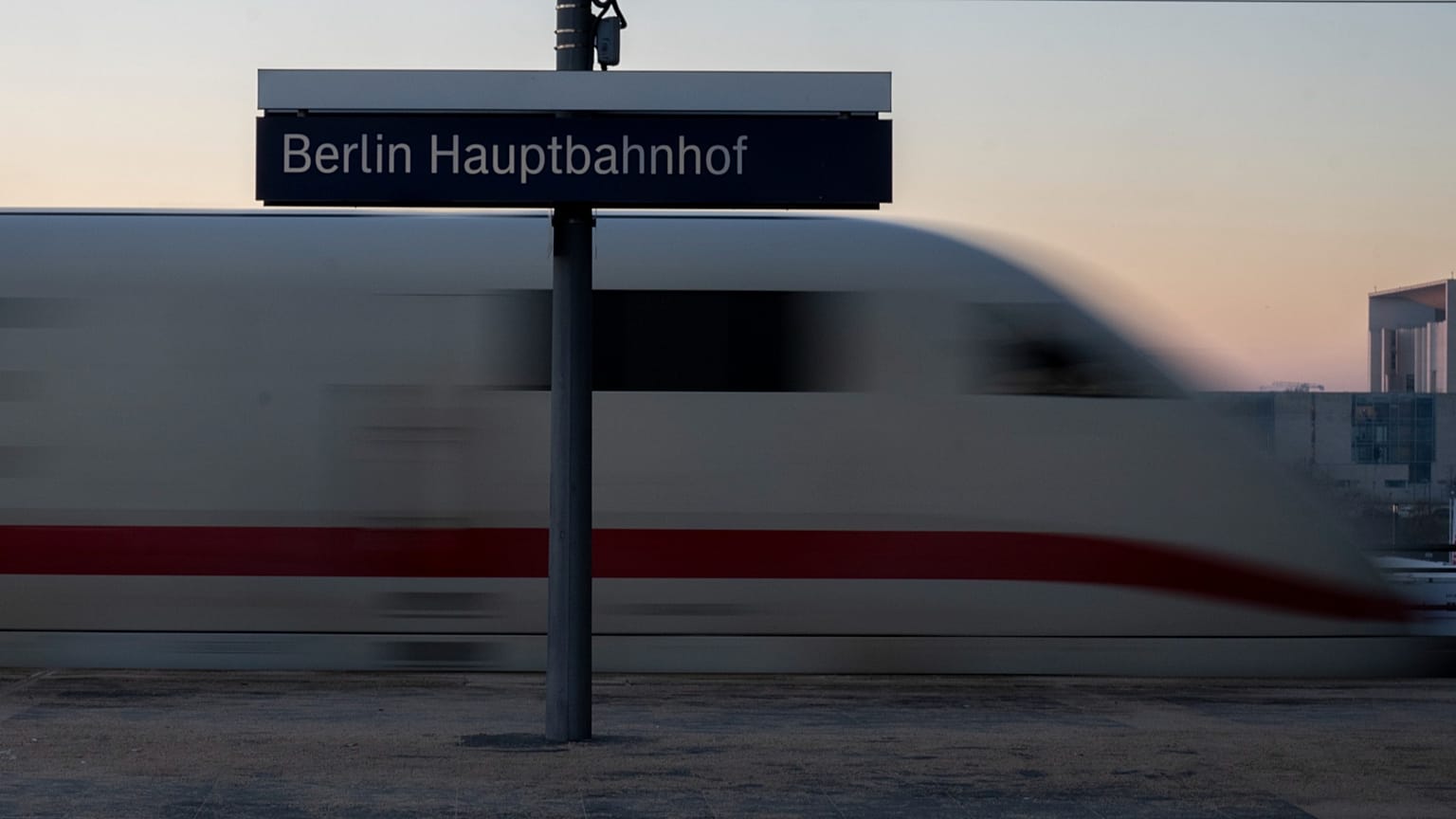A planned London–Berlin rail route aims to offer a greener, faster alternative to air travel.
Direct trains between London and Berlin could soon be a reality thanks to a new treaty between the UK and Germany.
German Chancellor Friedrich Merz and UK Prime Minister Sir Keir Starmer signed a ‘first of its kind’ treaty on Thursday. Included within it is a plan to break down legal and logistical barriers that currently prevent a direct rail route between London and several German cities.
Initially, the goal is to link the UK capital with destinations like Frankfurt and Cologne with Eurostar-style routes from London’s St Pancras Station. Eventually, the aim would be to extend the route to Berlin.
Over the next decade, a joint taskforce with transport experts from both governments will be created to look at how to address the barriers to these long-distance rail routes, including establishing the necessary border and security controls.
It will also look at technical and commercial requirements such as safety standards, border arrangements and collaboration with rail operators that is needed to make these services a reality.
Could a direct rail link cut train journey times?
Currently, a rail journey between London and Frankfurt takes on average eight to nine hours with at least one change.
Travelling from London to Berlin can take up to 11 hours with two to three transfers en route.
Earlier this year, Eurostar announced plans to introduce direct train connections from London to Germany and Switzerland, in what it calls the dawn of a "new golden age of international sustainable travel".
These new services are expected to begin operating during the early 2030s and aim to rival air travel for the same trips.
The rail operator estimated that passengers travelling between London and Frankfurt could expect to arrive at their destination in around five hours.
A ‘faster, more convenient and significantly greener’ alternative
UK Transport Secretary Heidi Alexander said that the new rail route could offer an alternative to flying within the next decade.
"We're pioneering a new era of European rail connectivity and are determined to put Britain at the heart of a better-connected continent," she said.
“The Brandenburg Gate, the Berlin Wall and Checkpoint Charlie - in just a matter of years, rail passengers in the UK could be able to visit these iconic sights direct from the comfort of a train, thanks to a direct connection linking London and Berlin.”
Alexander added that the landmark agreement has the potential to “fundamentally change” how millions of people travel between the two countries, offering “a faster, more convenient and significantly greener alternative to flying”.
Opening up e-gates to frequent travellers
Also included in the new treaty are plans to open up e-gates to frequent travellers between the UK and Germany before the end of summer. It would see Germany allowing some UK passengers arriving by plane to use passport e-gates at airports.
Since Brexit, UK travellers have had to queue to have their passports manually stamped when entering the EU.
It is hoped that the initiative can be extended to all travellers “as soon as possible”.
School exchange programmes between the two countries are also set to be expanded.


















